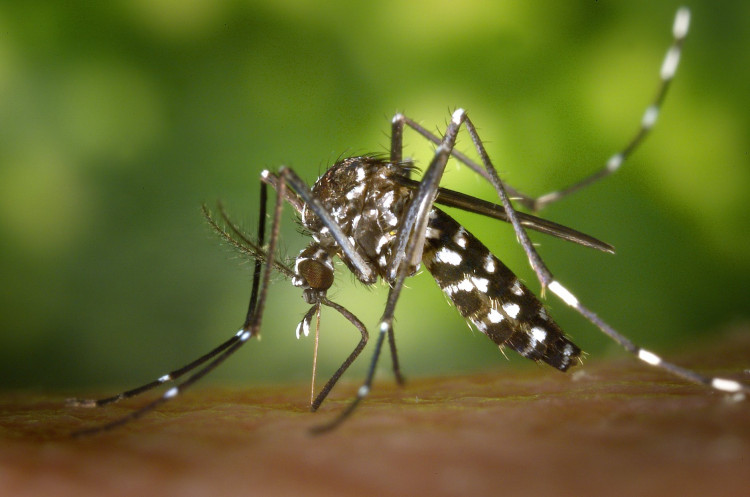The Philippines' Department of Health has recently declared a "national dengue alert" after cases of the disease has dramatically risen over the past few months. With over 100,000 reported cases and 456 deaths due to the mosquito-borne disease, health experts are now working hand in hand to end or at least control the epidemic.
One of the things these experts are currently working on is the development of technology; they call Sterile Insect Technique (SIT), which could reduce the number of mosquitoes specifically the genus Aedes, the species that carries the virus. The Philippine Nuclear Research Institute (PNRI) aims to sterilize male mosquitoes with the use of radiation, as reported by Manila Bulletin.
To reduce the number of dengue-carrier mosquitoes, researchers are sterilizing mosquitoes by exposing them to gamma radiation. With this, male mosquitoes will not be able to reproduce offspring anymore, which could eventually decrease its population in the long run.
The experts are planning to do this for some time until they reached their goals. They will continue to gather male mosquitoes, sterilized them, and released them to designated areas.
Along with SIT, researchers are still planning to manage the mosquito population using the conventional method. They will continue to kill dengue-carrier mosquitoes by spraying pesticides and destroying their haven where they could lay their eggs.
Experts say they still prefer to use the SIT as compared to other methods, since, according to them, SIT's effects are much less invasive than other methods such as pesticides. The technique also doesn't pollute the environment and only focuses on the specific insect or species. Furthermore, this technique could work forever too, as mosquitoes can't evolve in a way that they could be resistant to radiation in the future.
It is not the first time that the health authorities in the Philippines applied SIT to suppress the population of insects. PNRI has also used the technique to help reduce the population of fruit flies in Guimaras Island just recently. The Island is known to create export-quality mangoes, which the fruit flies have attacked and could have caused economic losses in the place.
The Aedes aegypti is a species of mosquito that doesn't just spread dengue virus, but also other mosquito-borne illnesses such as chikungunya, Mayaro, yellow fever viruses, and Zika fever, according to Britannica. This mosquito can be differentiated from other species with its white markings on the legs and thorax.






